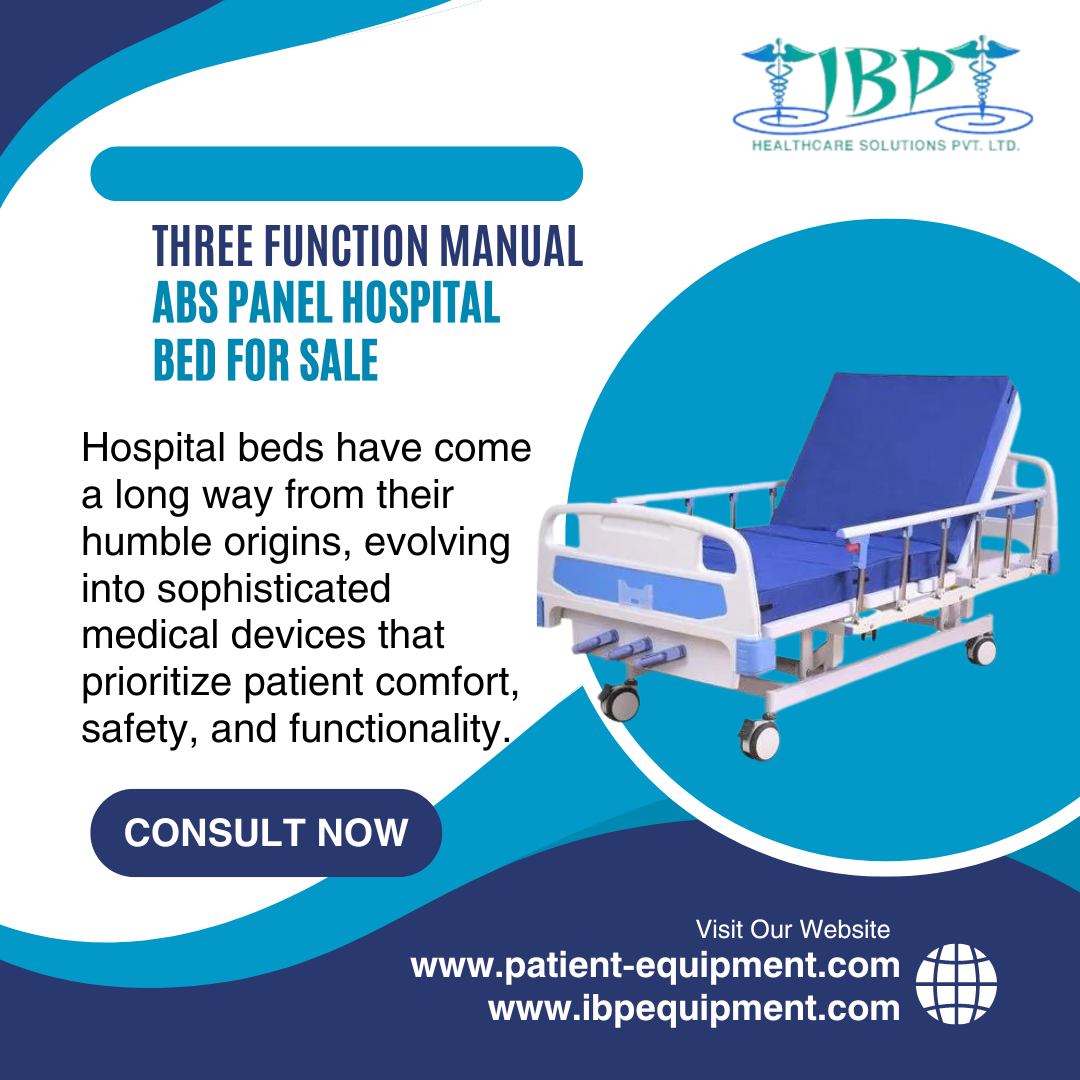
THREE FUNCTION MANUAL ABS PANEL HOSPITAL BED FOR SALE
Hospital beds are a fundamental component of healthcare infrastructure, providing comfort, safety, and functionality for patients during their stay. Over the years, advancements in medical technology and design have transformed hospital beds into sophisticated pieces of equipment tailored to meet the diverse needs of patients and healthcare providers. Among these innovations is the three-function manual ABS panel hospital bed offered by IBP Healthcare, a notable example of how modern engineering enhances patient care. In this article, we delve into the evolution of hospital beds, exploring their history, current capabilities, and the pivotal role they play in improving patient outcomes.
- Category: hospital bed for sale
THREE FUNCTION MANUAL ABS PANEL HOSPITAL BED
FOR SALE
Hospital beds are a fundamental component of healthcare
infrastructure, providing comfort, safety, and functionality for patients
during their stay. Over the years, advancements in medical technology and
design have transformed hospital beds into sophisticated pieces of equipment
tailored to meet the diverse needs of patients and healthcare providers. Among
these innovations is the three-function manual ABS panel hospital bed offered
by IBP Healthcare, a notable example of how modern engineering enhances patient
care. In this article, we delve into the evolution of hospital beds, exploring
their history, current capabilities, and the pivotal role they play in
improving patient outcomes.
Historical Perspective:
The concept of hospital beds dates back centuries, evolving
from rudimentary cots to the intricate systems we see today. Early hospital
beds were simple wooden structures, primarily designed for basic comfort rather
than medical functionality. However, as medical knowledge advanced, so did the
need for specialized equipment to support patient care.
In the late 19th and early 20th centuries, innovations such
as adjustable head and foot sections, side rails, and height adjustment
mechanisms began to emerge. These developments aimed to enhance patient comfort
and facilitate medical procedures, laying the foundation for the modern
hospital bed.
Evolution of Hospital Beds:
The evolution of hospital beds gained momentum in the
mid-20th century with the introduction of electric-powered beds. These beds
revolutionized patient care by offering increased adjustability and convenience
for both patients and healthcare providers. Features such as electronic height
adjustment, trendelenburg and reverse trendelenburg positioning, and
programmable bed settings became standard, allowing for greater customization
to meet individual patient needs.
In recent decades, the focus has shifted towards integrating
advanced technologies into hospital beds to further enhance patient care and
safety. Features like pressure-relieving surfaces, integrated patient
monitoring systems, and electronic medical record integration have become
commonplace, helping to prevent complications such as pressure ulcers and falls
while improving overall efficiency in healthcare delivery.
The Role of Functionality:
One of the key aspects driving the evolution of hospital
beds is functionality. A prime example of this is the three-function manual ABS
panel hospital bed offered by IBP Healthcare. This innovative bed combines
three essential functions - manual adjustment of the backrest, leg rest, and
overall bed height - to provide optimal support and comfort for patients while
simplifying the tasks of healthcare providers.
The manual adjustment feature offers flexibility in
positioning, allowing patients to find the most comfortable and therapeutic
settings for various activities such as reading, eating, or watching
television. Additionally, the ABS panels provide durability and ease of
maintenance, ensuring a hygienic environment conducive to patient recovery.
Enhancing Patient Comfort and Safety:
Patient comfort and safety are paramount in healthcare
settings, and hospital beds play a crucial role in achieving these objectives.
The ergonomic design of modern hospital beds, coupled with advanced features
such as pressure redistribution mattresses and fall prevention mechanisms,
helps mitigate the risk of discomfort and injury for patients, particularly
those with limited mobility or underlying health conditions.
Furthermore, the integration of technology enables
continuous monitoring of vital signs and movement, allowing healthcare
providers to respond promptly to changes in patient condition and provide
timely interventions when necessary. This proactive approach not only enhances
patient safety but also improves clinical outcomes and reduces the burden on
healthcare resources.
Promoting Healing and Rehabilitation:
Beyond providing physical support, hospital beds contribute
to the psychological well-being of patients by creating a conducive environment
for healing and rehabilitation. Comfortable and adjustable beds promote
restorative sleep, which is essential for the body's natural healing processes.
Moreover, features such as built-in entertainment systems and communication
devices help alleviate feelings of isolation and boredom, fostering a sense of
connectedness and emotional support for patients during their hospital stay.
In addition to facilitating recovery, hospital beds play a
crucial role in rehabilitation therapy by providing support and stability for
patients undergoing physical therapy or rehabilitation exercises. Adjustable
bed positions and integrated mobility aids enable therapists to customize
treatment plans according to individual patient needs, promoting faster
recovery and improved functional outcomes.
Conclusion:
Hospital beds have come a long way from their humble
origins, evolving into sophisticated medical devices that prioritize patient
comfort, safety, and functionality. The three-function manual ABS panel
hospital bed offered by IBP Healthcare exemplifies the innovative strides made
in enhancing patient care through ergonomic design and advanced features. As
healthcare continues to evolve, hospital beds will undoubtedly remain a cornerstone
of patient-centric care, driving improvements in clinical outcomes and
enhancing the overall healthcare experience for patients and providers alike.
Enquiry Now
Related Products
Shopping Over $59 or first purchase you will get 100% free shipping
 (1).png)
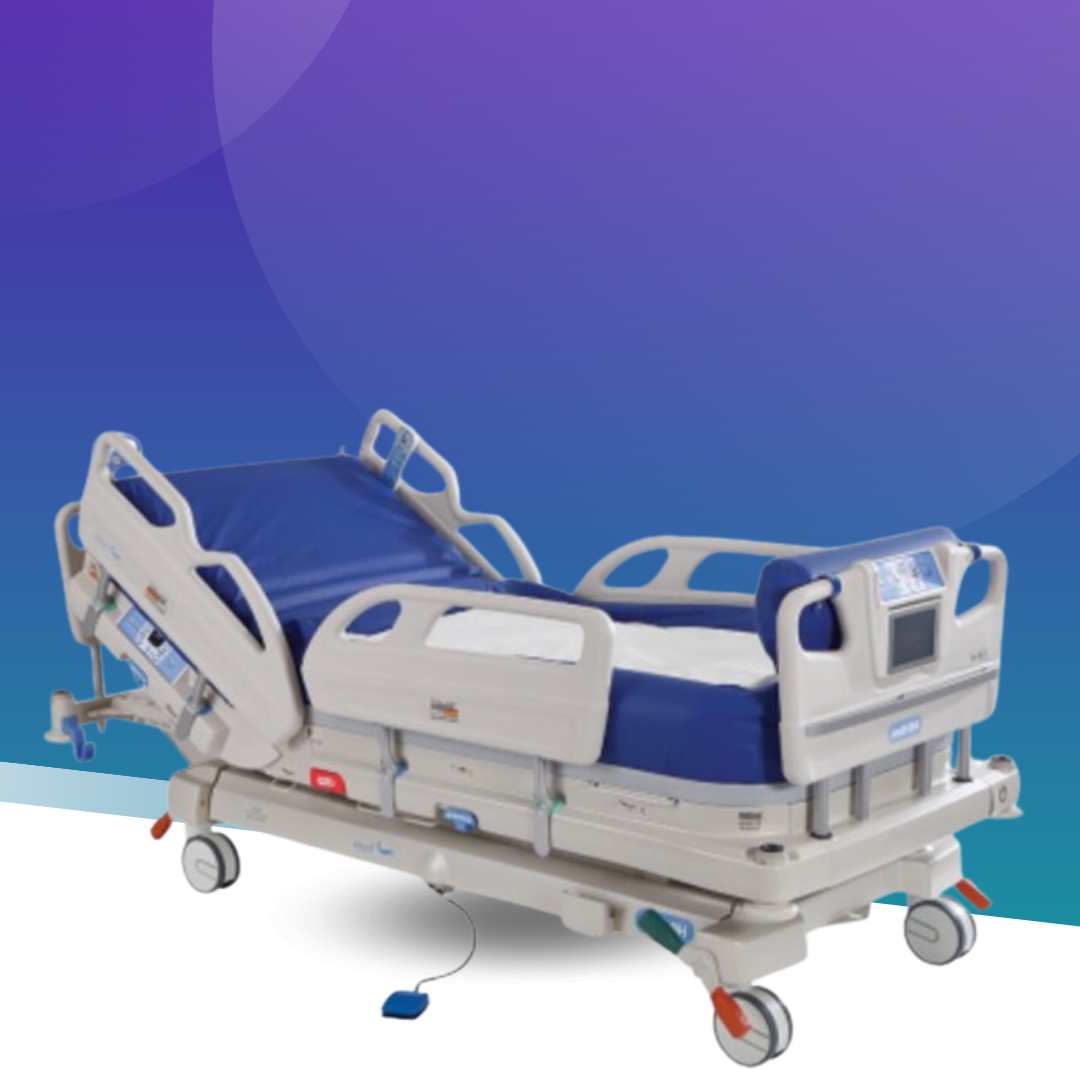
.png)
.png)
.png)
.png)
.png)
.png)
.png)
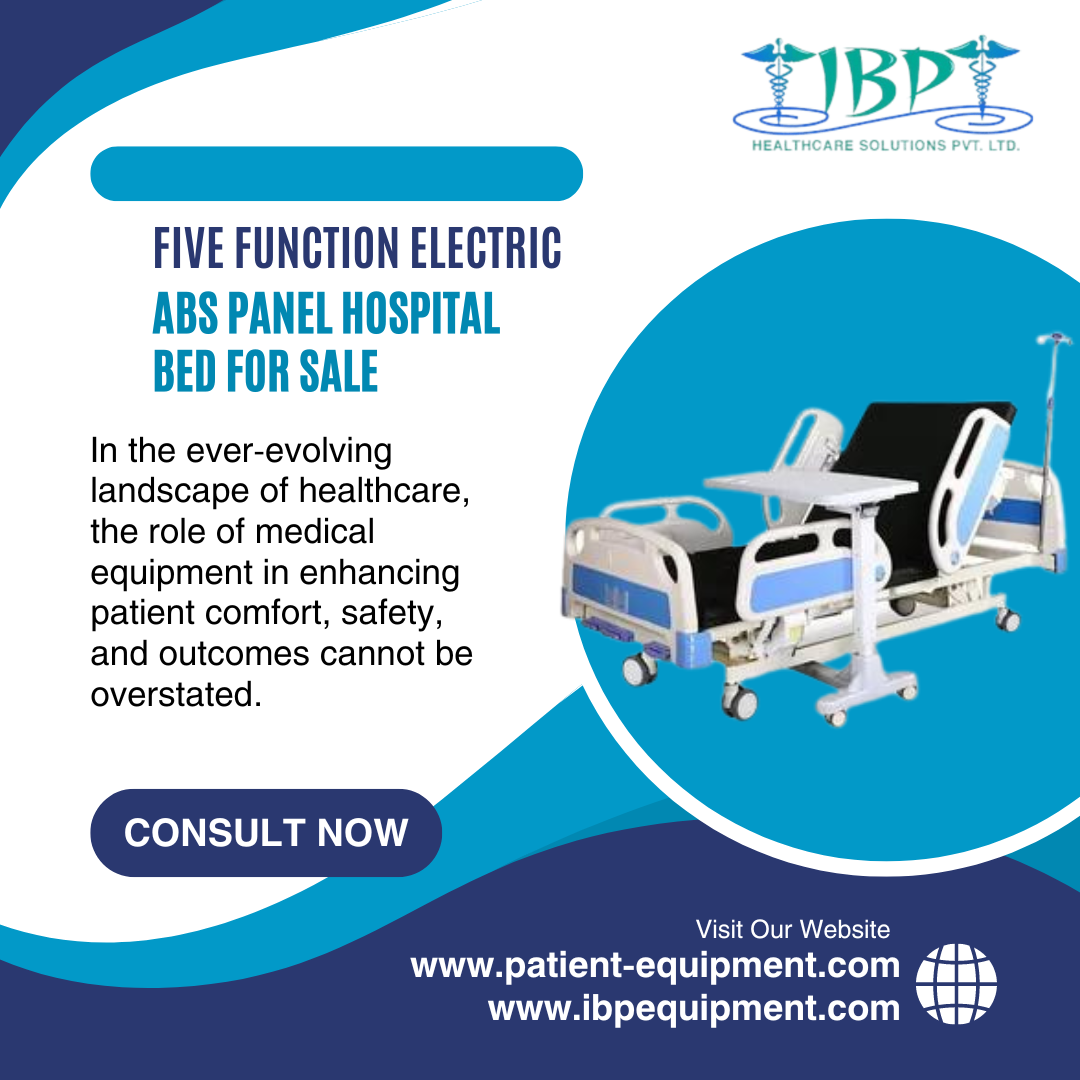
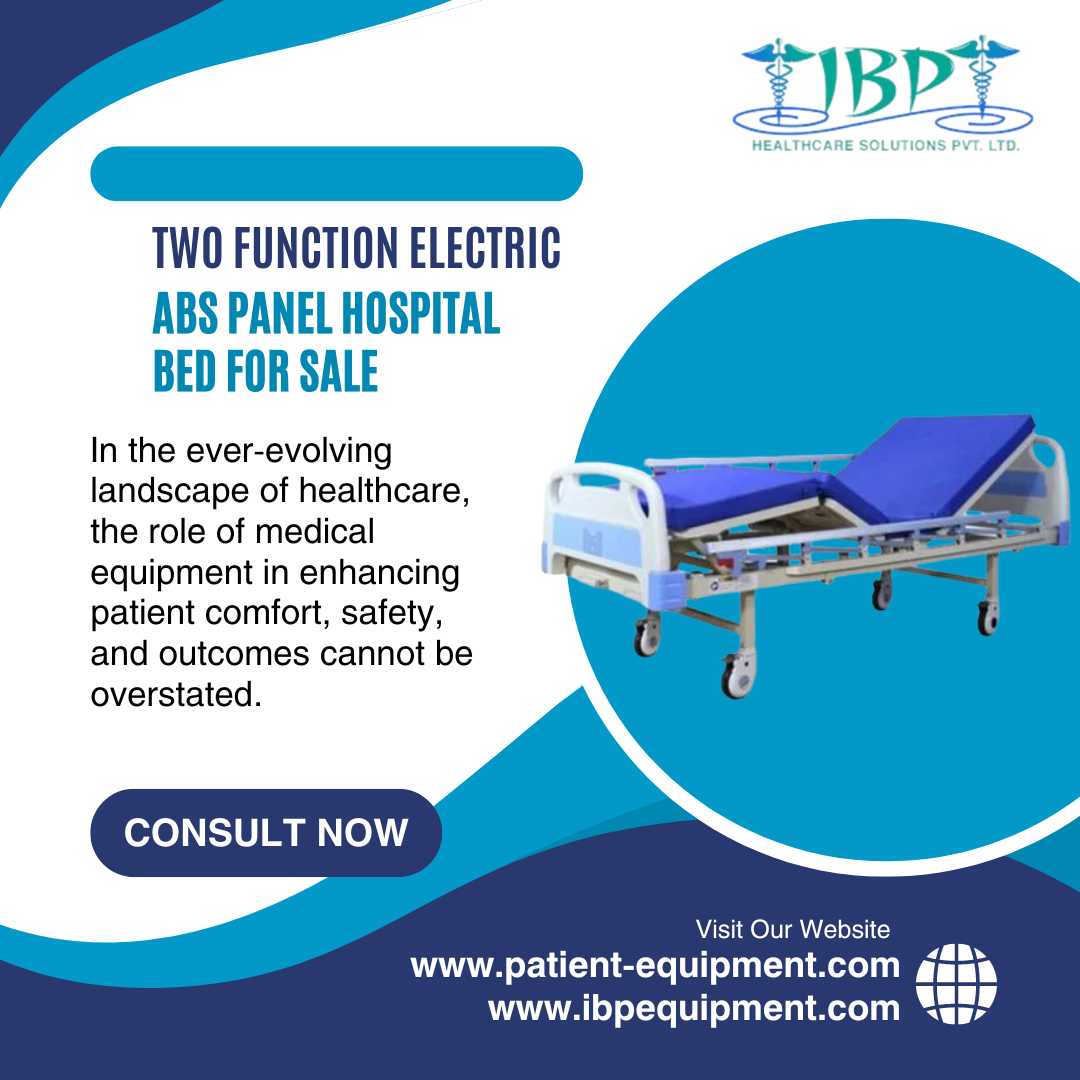
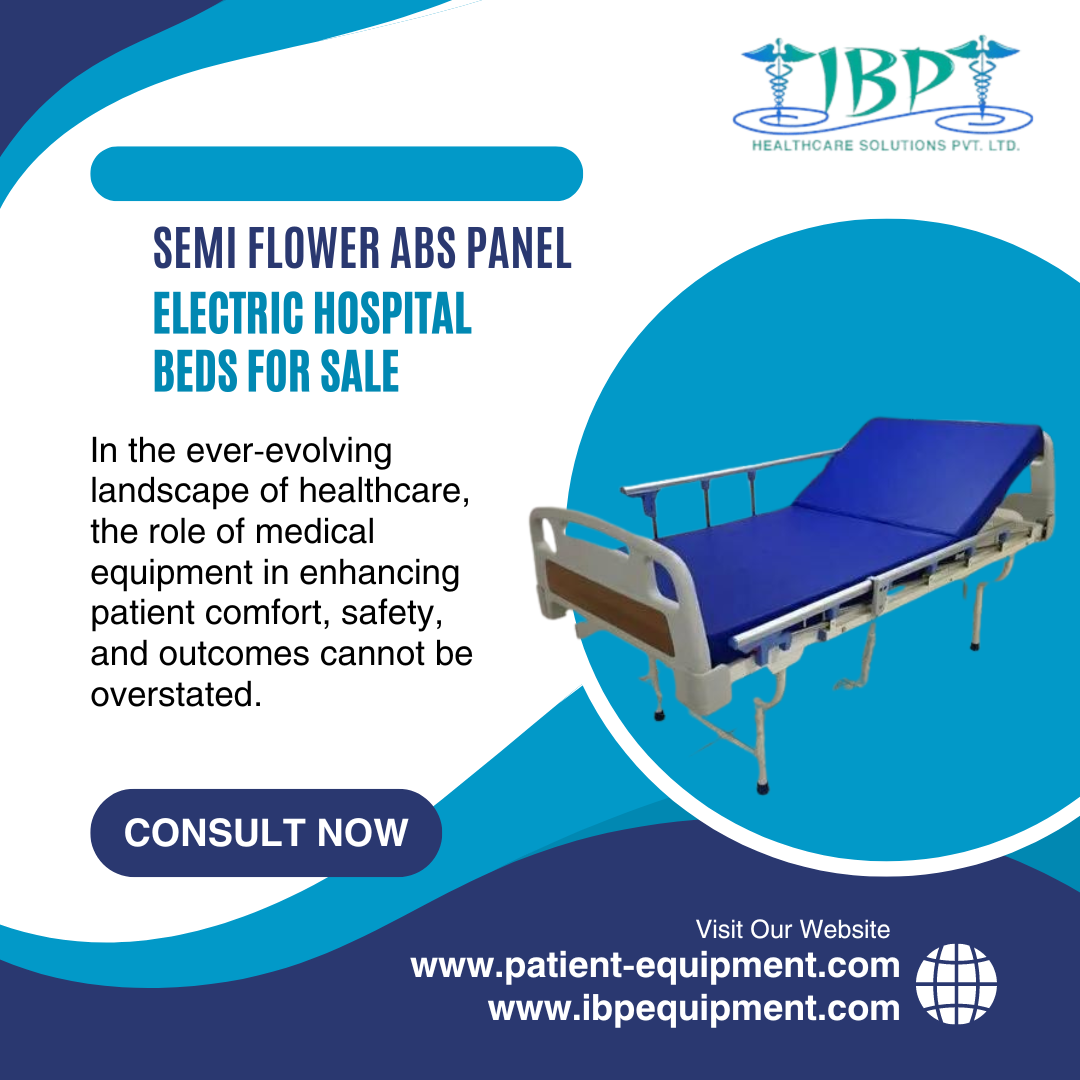
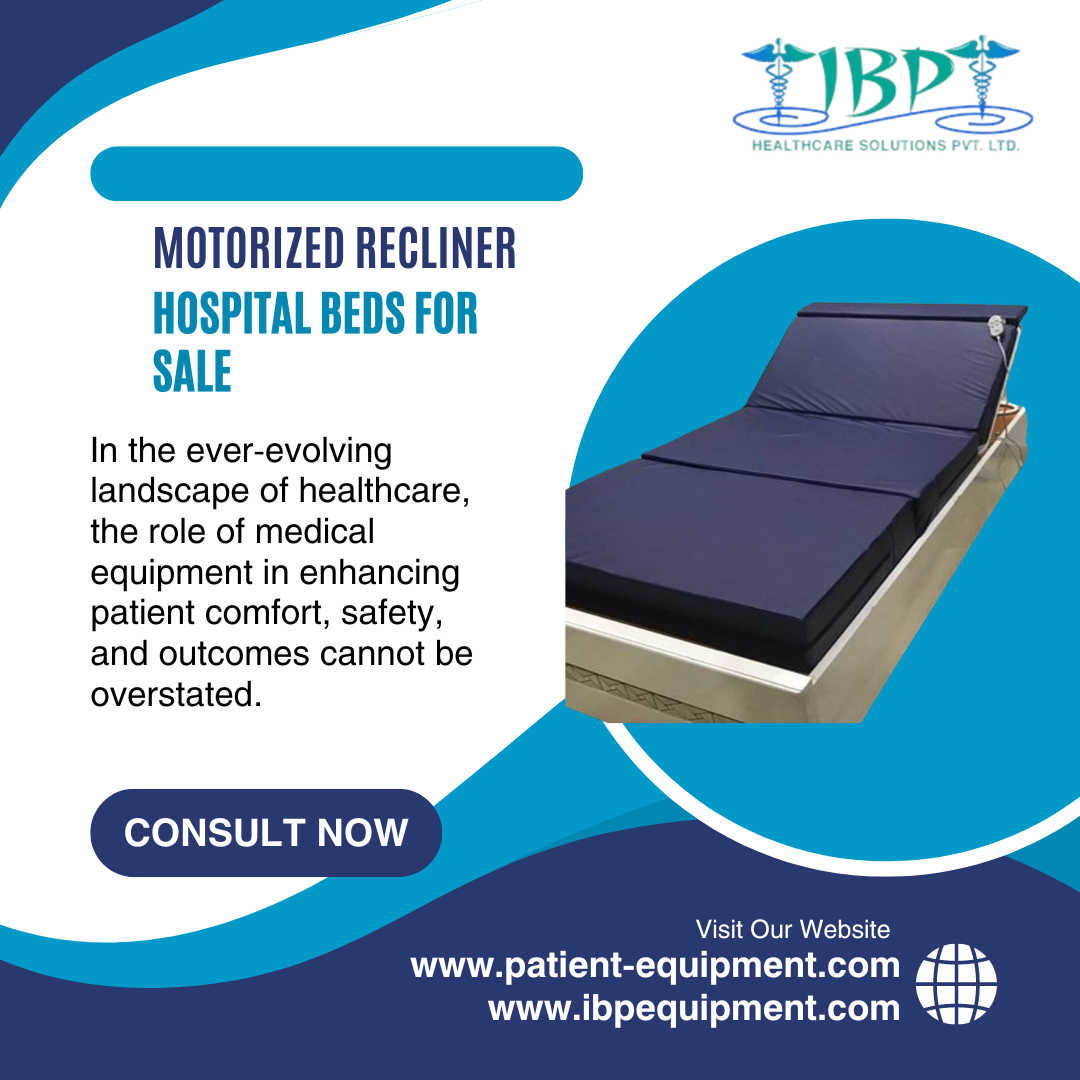
.png)
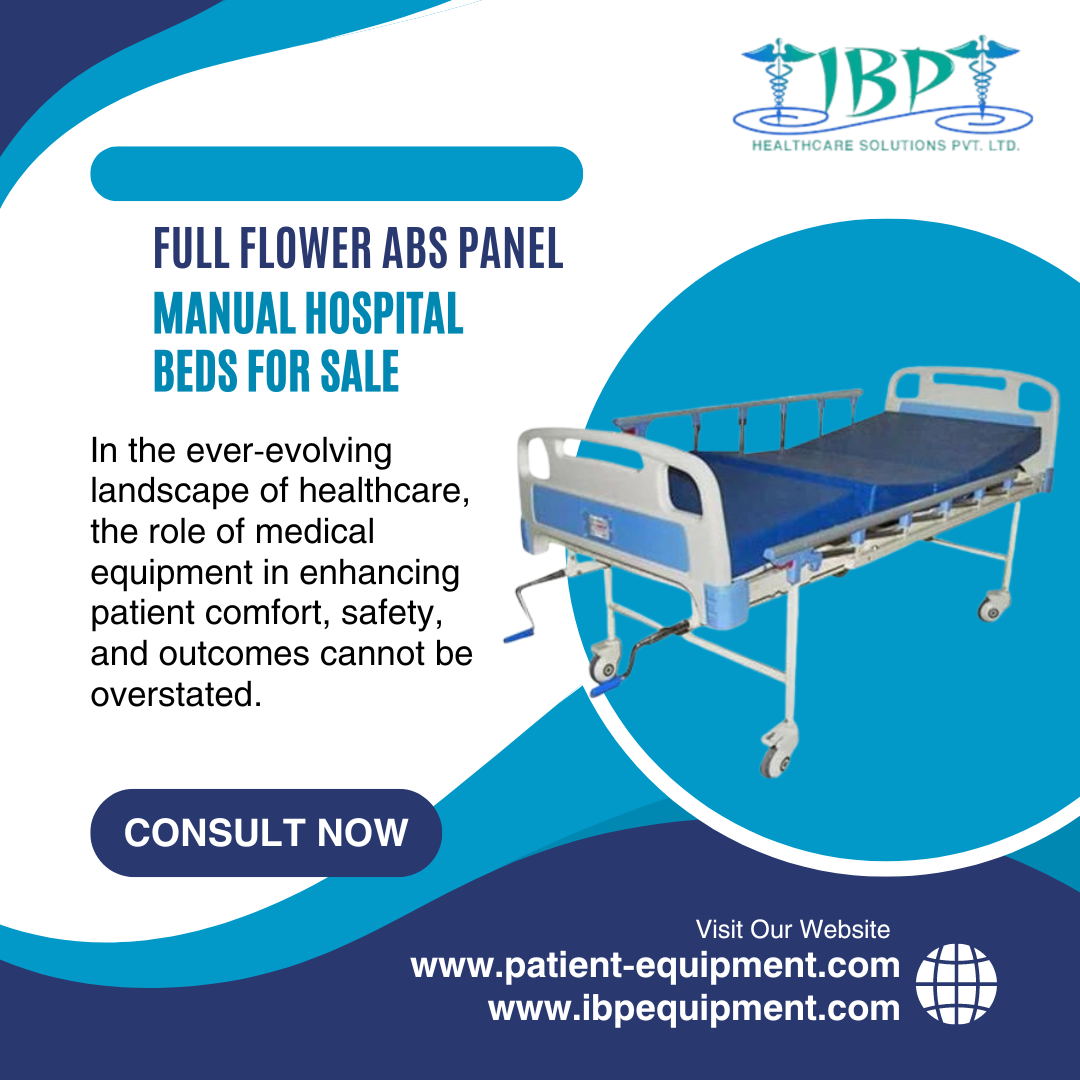
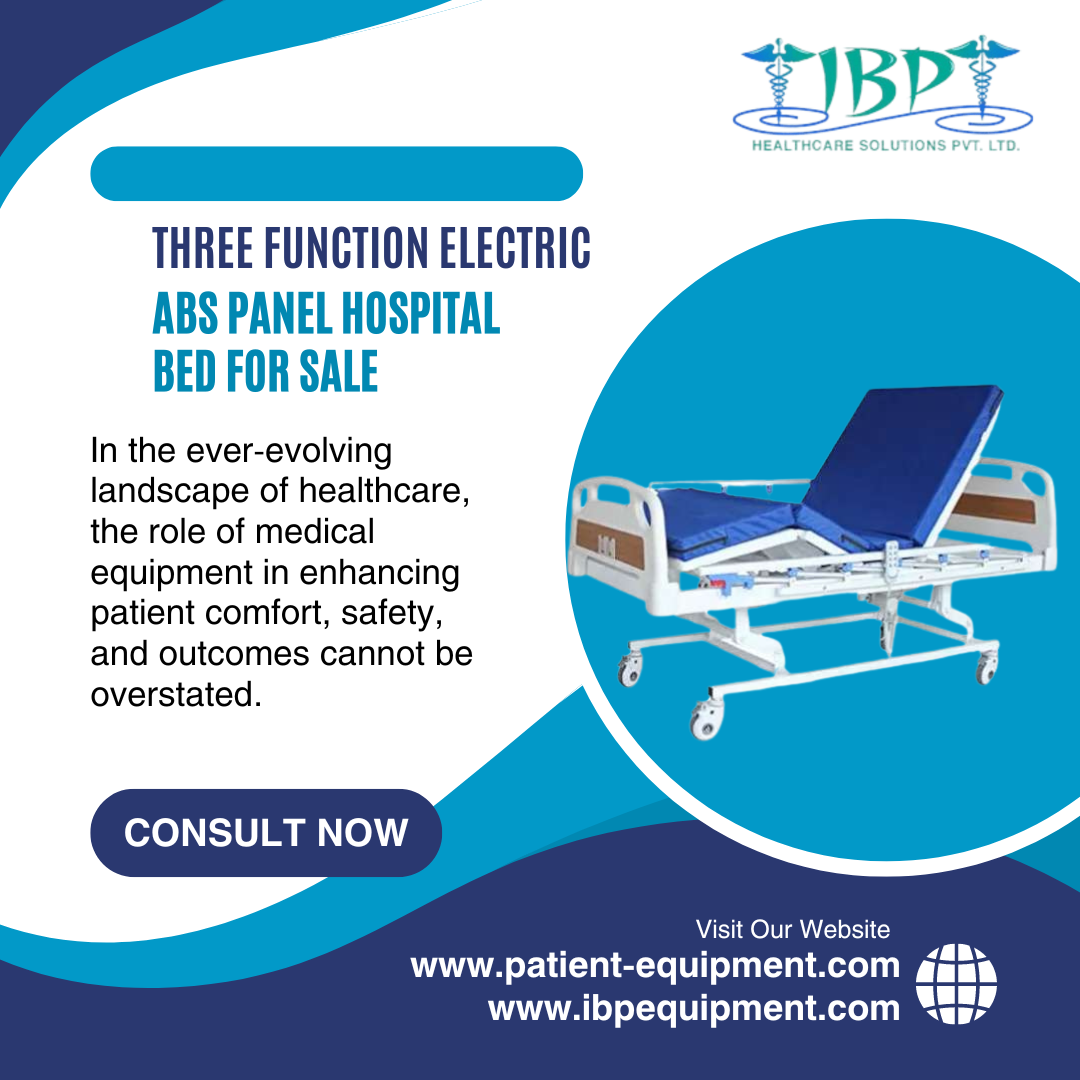
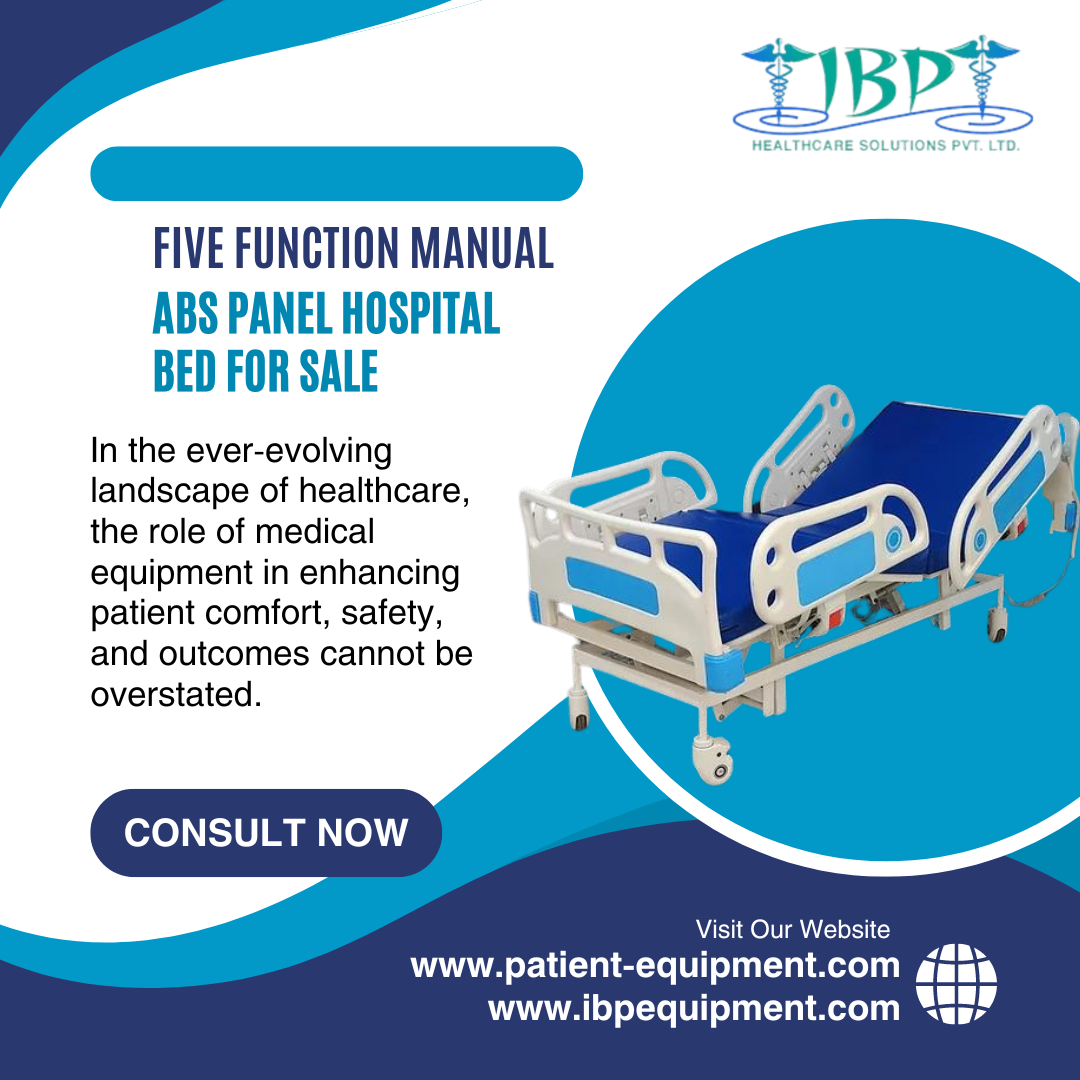
.png)